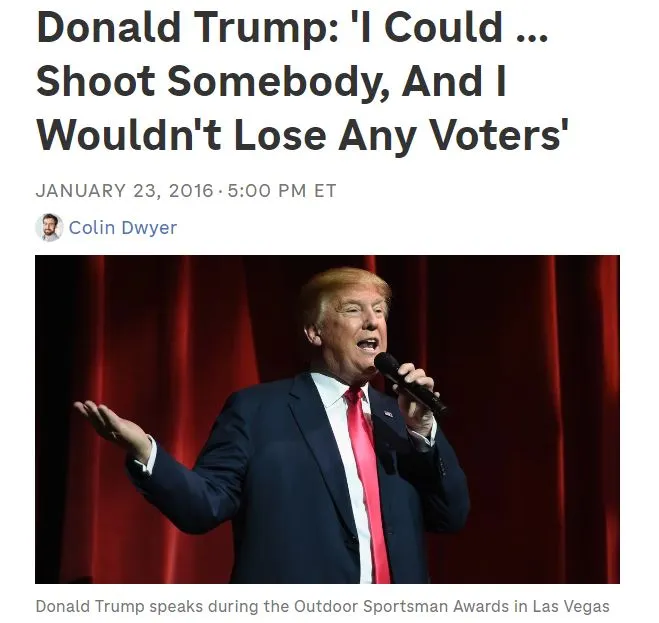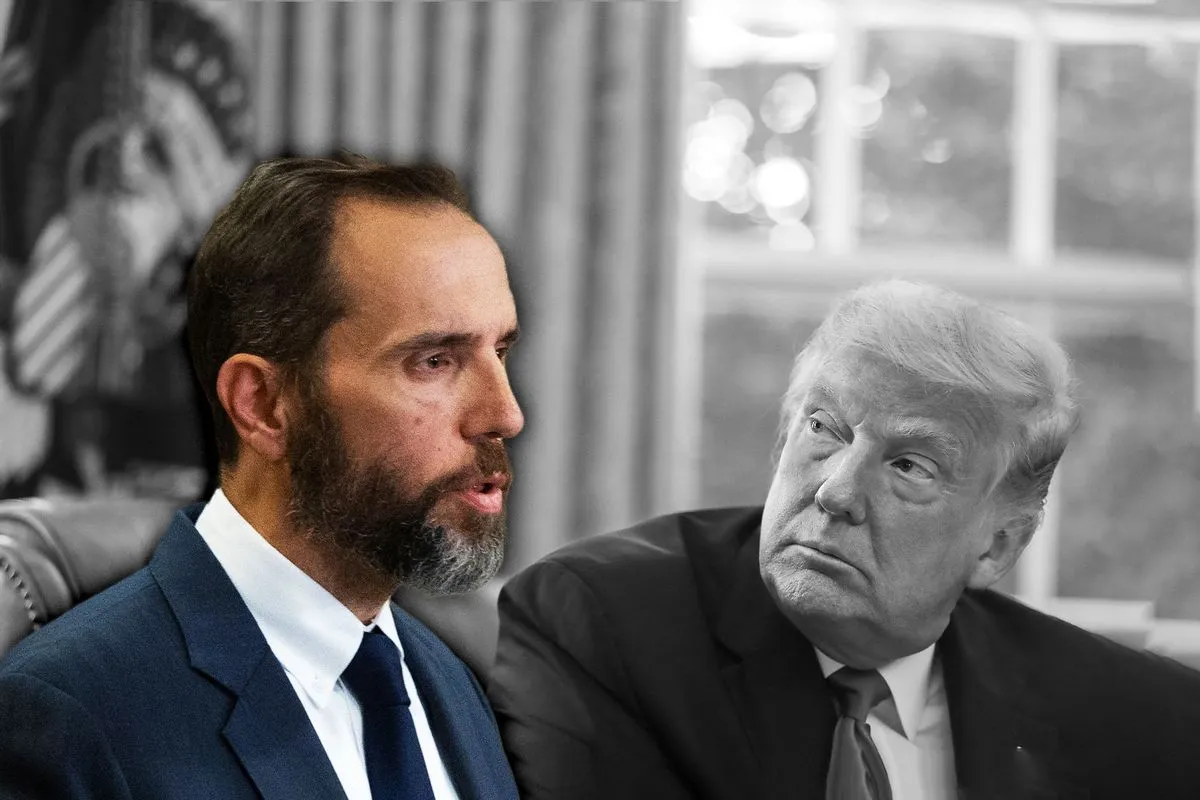In its immunity ruling, the Supreme Court’s six right-wing justices asserted that a president’s “official” conduct was off limits to prosecutors, meaning that someone — Donald Trump, for example — could order their underlings at the Department of Justice to break the law, perhaps by trying to overturn what they knew to be a free and fair election, and no one could ever charge them with a crime.
That July ruling from the nation’s highest court was seen as a death knell for the cases against the former president, the conservative majority having effectively legalized “criminal and treasonous acts,” per liberal dissenter Justice Sonia Sotomayor. The consolation was that special counsel Jack Smith would at least get to air all his evidence in the D.C. court of U.S. District Judge Tanya Chutkan, an appointee of former President Barack Obama who would get to decide what if any of it could withstand the Supreme Court’s novel new standard.
But Smith, who has charged the former president with conspiring to defraud the United States and obstruct the certification of the 2020 election, himself decided to start over instead. Having seated a new grand jury, on Tuesday Smith returned a fresh 36-page indictment of Trump that maintains the same core charges but with a freshly emphasized framing: these were criminal acts that the former president undertook not in his official capacity but as a private citizen running for public office.
 1·5 months ago
1·5 months ago


